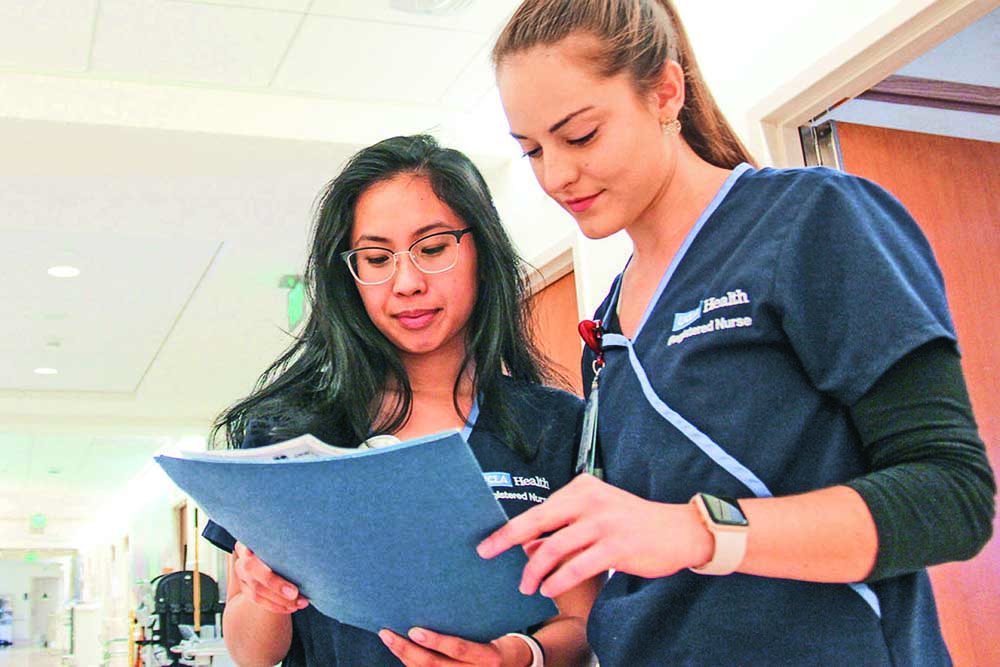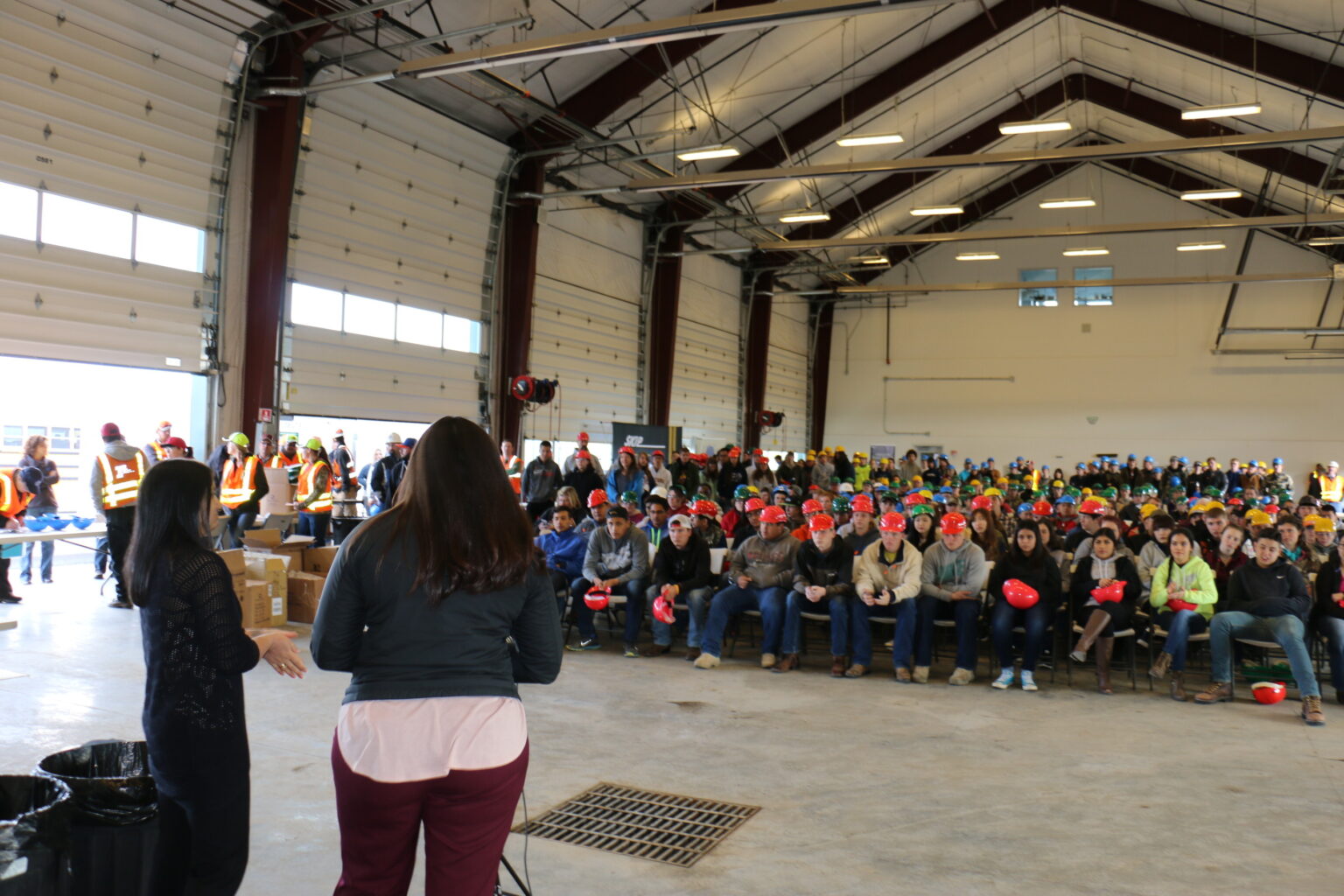Making nurses mobile
Published 12:00 am Sunday, March 4, 2018

- Travel nurse Lauren Bond, right, confers with nurse Megan Mamaril in the pediatrics unit at UCLA Medical Center, Santa Monica, California. Bond says she wishes more states accepted the multistate license, which makes it easier for nurses to cross state lines. (Courtesy of Robert Hernandez/UCLA Health)
Lauren Bond, a traveling nurse, has held licenses in five states and Washington, D.C. She maintains a detailed spreadsheet to keep track of license fees, expiration dates and the different courses each state requires.
The 27-year-old got into travel nursing because she wanted to work and live in other states before settling down. She said she wished more states accepted the multistate license, which minimizes the hassles nurses face when they want to practice across state lines.
“It would make things a lot easier — one license for the country, and you are good to go,” said Bond, who recently started a job in California, which does not recognize the multistate license.
The license, known as the Nurse Licensure Compact, was launched in 2000 to address nursing shortages and enable more nurses to practice telehealth. Under the agreement, registered nurses licensed in a participating state can practice in other NLC states without needing a separate license. They must abide by the laws that govern nursing wherever their patients are.
About half of the states joined the original compact, which was modeled on the portability of a driver’s license. Some states that declined to sign on cited a major flaw: The agreement didn’t require nurses to undergo federal fingerprint criminal background checks.
Last month, the National Council of State Boards of Nursing launched a new version of the NLC that requires those checks. Twenty-nine states have passed legislation to join the new agreement.
Jim Puente, who oversees the compact for the council, said he expects more states to sign the agreement now that criminal background checks are required. He noted that nine states have legislation pending to join.
Among states participating in the compact are Iowa, Kentucky, Tennessee, Delaware, Idaho and Arizona.
California does not plan to join the compact, largely because of concern about maintaining state training and quality standards. The state, like many others, already requires nurses to undergo background checks. Washington, Oregon and Nevada are among the other states that do not accept the multistate license.
Proponents of the nurse licensing agreement — the old and new versions — argue that it helps fill jobs in places where there aren’t enough nurses and enables nurses to respond quickly to natural disasters across state lines.
“The nurse shortage tends to wax and wane regionally, so being able to move nurses where the needs are is really, really important,” said Marcia Faller, chief clinical officer at AMN Healthcare, a San Diego-based medical staffing company that employs Bond. The multistate license “really helps with that mobility … to deliver care to patients across state lines.”
Similar cross-state agreements exist for physicians, psychologists, emergency medical technicians and physical therapists.
In some states, the multistate nursing license is helpful because it streamlines the process for nurses doing case management or telehealth, said Sandra Evans, executive director of the Idaho Board of Nursing. Getting nurses to work in the rural areas of Idaho is a challenge, and hospitals often rely on telemedicine in places where the closest health care facility might be in Montana, she said.
Before Idaho joined the original NLC in 2001, nurses doing telehealth or case management needed numerous licenses to work across state lines, but now they “can travel virtually — electronically or telephonically — to help their clients,” she said.
“The ability to control the standards of training and quality are of some concern to us,” said Linda McDonald, president of United Nurses and Allied Professionals union in Rhode Island, which participated in the original NLC but hasn’t signed on to the new one. “We want them trained in Rhode Island. We want them licensed in Rhode Island.”
Nurses in California have similar concerns. “We really want to make sure that nurses who are entering our state and taking care of our patients are competent and qualified,” said Catherine Kennedy, a Sacramento-area nurse who is secretary of the California Nurses Association. Some traveling nurses haven’t been, she added.
Kennedy said California does not have difficulty recruiting nurses, even without the compact, because of the state’s relatively high salaries and strict nurse-to-patient ratios in hospitals.
Research has shown that California’s minimum nurse staffing requirements, which were the first in the nation, can reduce workloads and burnout, improve the quality of care and make it easier for hospitals to retain their nurses.







